Legacy Letters and Ethical Wills
You may be familiar with the term "ethical will," the traditional name for a legacy letter. There is no difference between an ethical will and a legacy letter -- the two terms are used interchangeably, but "legacy letter" has become more popular in recent years.
A legacy letter or ethical will is not a formal legal document; it's simply a personal statement that you write and share with chosen recipients, either before or after the end of your life. As one writer put it, “Legal wills bequeath valuables; ethical wills bequeath values.”
A legacy letter (or other type of legacy document) can be any length, from a few paragraphs to many pages. It depends entirely on the writer and what the writer wants to say.
You don’t need to be rich, famous or “important” to draft a legacy letter. In fact, ethical wills and legacy letters have allowed many generations of women and men to share their wisdom and blessings, even if they had no substantial financial assets or no legal right to bequeath them. Today, everyone has wisdom, life lessons and values to share, and anyone can create a legacy letter.
Writing a legacy letter is not an easy assignment – it requires some time, self-reflection, honesty and generosity of spirit. But the effort is truly worthwhile – writing a legacy letter can be a deeply meaningful and rewarding experience.
